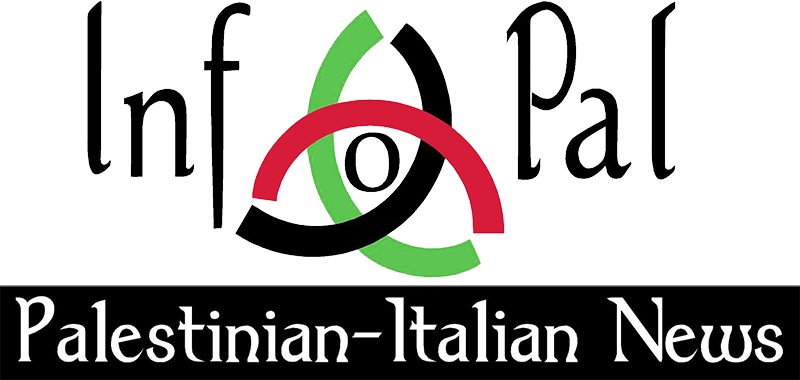"This is a time in our history that neither allows for indifference to the plight of those suffering, nor a refusal to search for a solution to the present crisis in the region," Mr. Tutu told reporters in Geneva, describing Israel’s action as "very distressing."
"The events leading up to the shelling at Beit Hanoun are documented and the basic facts are not in dispute. The broader context, however, is complex, and this warranted that we also visit Israel, where in the pursuit of our mandate we had hoped for meetings with members of the Government at a high level."
The Council established the fact-finding mission in a resolution adopted during a special session on 15 November that described Israeli military attacks as "a collective punishment of the civilians." The mission’s tasks included: assessing the situation of victims; dealing with the needs of survivors; and developing recommendations on how to protect Palestinian civilians against further Israeli attacks.
The mission was due to have reported to the Council by the middle of this month but Mr. Tutu, who is also the former Anglican Archbishop of Cape Town, had been waiting in Geneva for a visa from Israel since 1 December. Another member of the team, Professor Christine Chinkin from the UK, had been in Geneva since 7 December.
Tutu confirmed to AFP that Israeli authorities had effectively thwarted the mission, which was planning to head to Israel and the Gaza Strip on Sunday, by failing to grant travel visas in time.
Mr. Tutu welcomed the current ceasefire in Gaza but said he believed the fact-finding mission could have played a useful role in facilitating negotiations between the two sides.
However, Israeli foreign ministry spokesman Mark Regev told AFP that Israel was concerned about the mission’s platform, saying it "advances a biased anti-Israeli agenda".
Regev nevertheless said Israel was "still considering the request" for the authorisation to travel. However, Tutu pointed out that the mission had been ordered to report back to the Council by mid-December.
Tutu added, "We [felt] we would be able, through a direct engagement with all sides, to make suggestions and recommendations which we hoped would begin to move the logjam … It’s human beings being in touch with one another and you can’t predict ahead of time when that kind of engagement will occur. We did not believe we were going on a hopeless quest."
He and Chinkin also revealed on Monday that they had firmly ruled out crossing directly into the Gaza Strip through Egypt precisely because they wanted to meet senior Israeli officials and avoid bias.
"We did make a very definite decision, that it would be one-sided it would not give us the full picture. It would also look in a way that we were going in through the back door," Chinkin remarked, according to an AFP report.
At the time of the Beit Hanoun attack, which occurred on 8 November, Secretary-General Kofi Annan voiced his shock and took note of Israel’s announcement of a full investigation into the incident, saying he looked forward to its early results.
